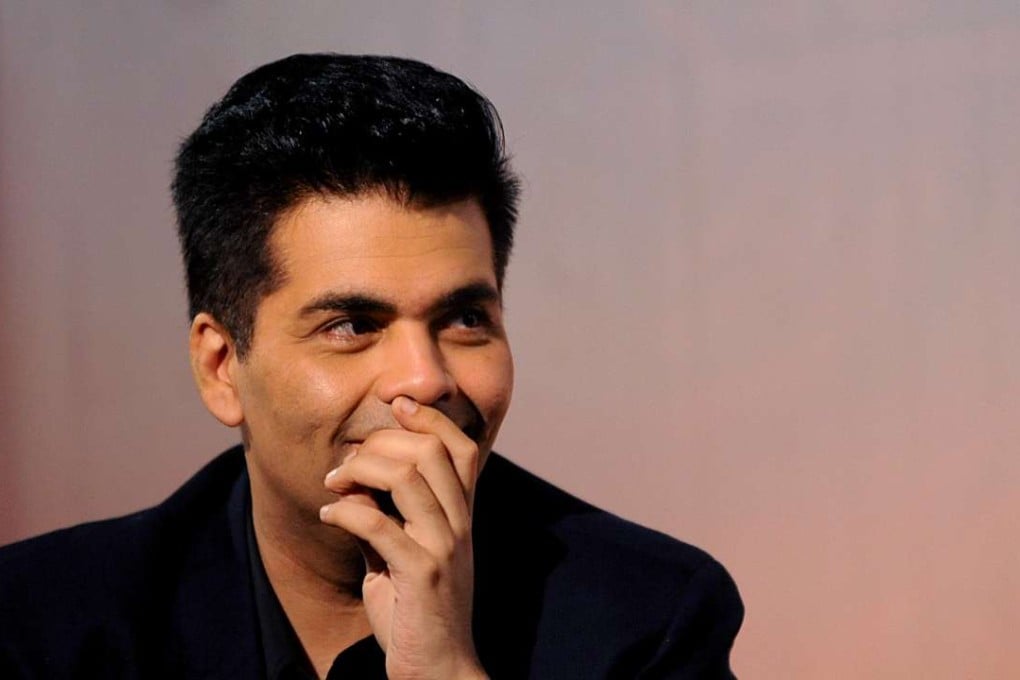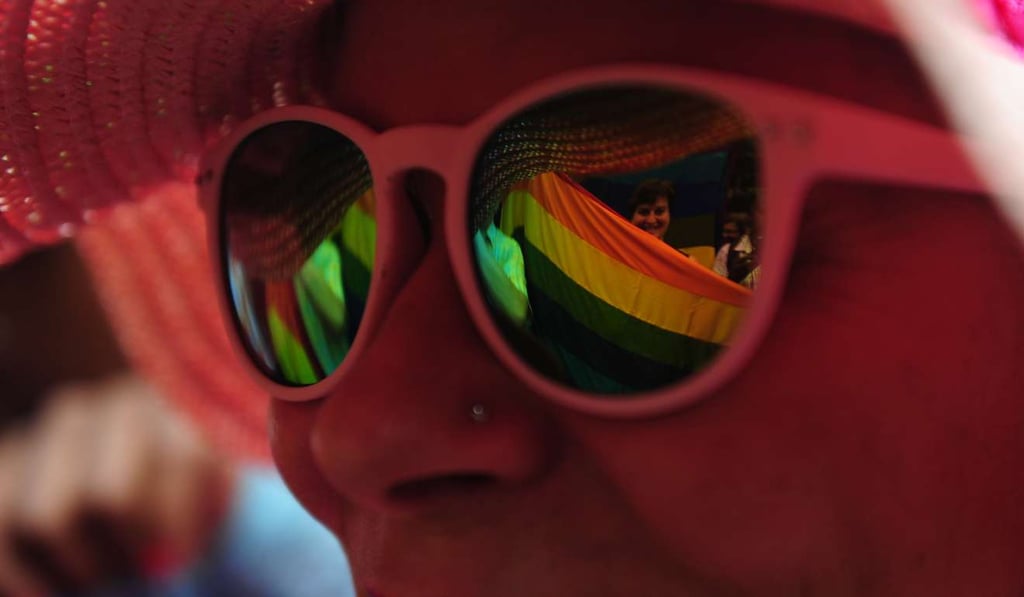What Bollywood icon’s fatherhood says about India’s attitude to homosexuality
Karan Johar’s happy news – and his refusal to say ‘what everybody knows’ – are a reminder of the rights being denied to India’s LGBTQ community

When big-ticket Bollywood filmmaker Karan Johar announced last week that he had become a father to twins birthed through a surrogate mother, it felt like a moment he had built up to for years in both his cinematic work and his public persona.
His films have often touched on gay characters and themes, and in his public image, he has riffed on gay jokes, most often directed at himself.
Now, with the birth of Yash and Roohi, a boy and a girl, Johar is thought to be the first gay, single man in India to have become a father through surrogacy (and only the second single man; the first was Bollywood actor Tusshar Kapoor).
Yet any hopes that Johar’s fatherhood may open up possibilities for the gay community must be tempered; not only does gay sex remain a criminal offence in India, plans are afoot to ban gay men from following Johar’s path to fatherhood.
“Everybody knows what my sexual orientation is,” Johar writes in his autobiography An Unsuitable Boy. “I don’t need to scream it out. If I need to spell it out, I won’t only because I live in a country where I could possibly be jailed for saying this. Which is why I, Karan Johar, will not say the three words that possibly everybody knows about me.”

Under the Indian Penal Code inherited from the British colonial administration, Section 377, titled Unnatural Offences, holds that, “Whoever voluntarily has carnal intercourse against the order of nature with any man, woman or animal, shall be punished with imprisonment for life, or… for a term which may extend to ten years, and shall also be liable to [a] fine.” The principal targets of this law are gay men, but it also criminalises heterosexual acts like oral and anal sex.